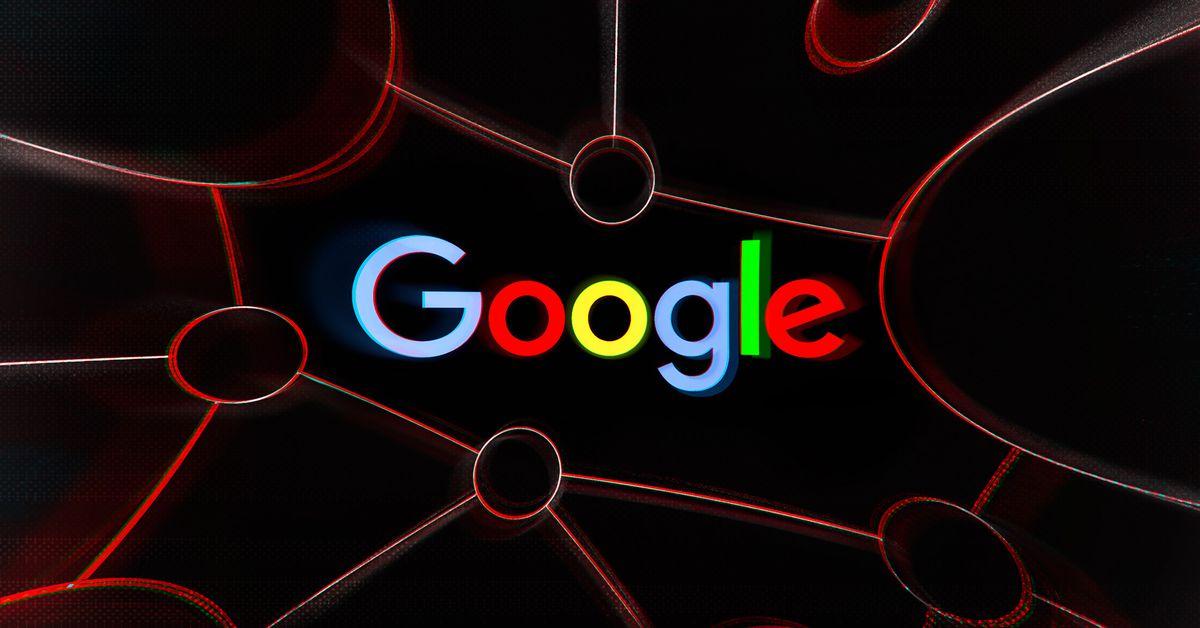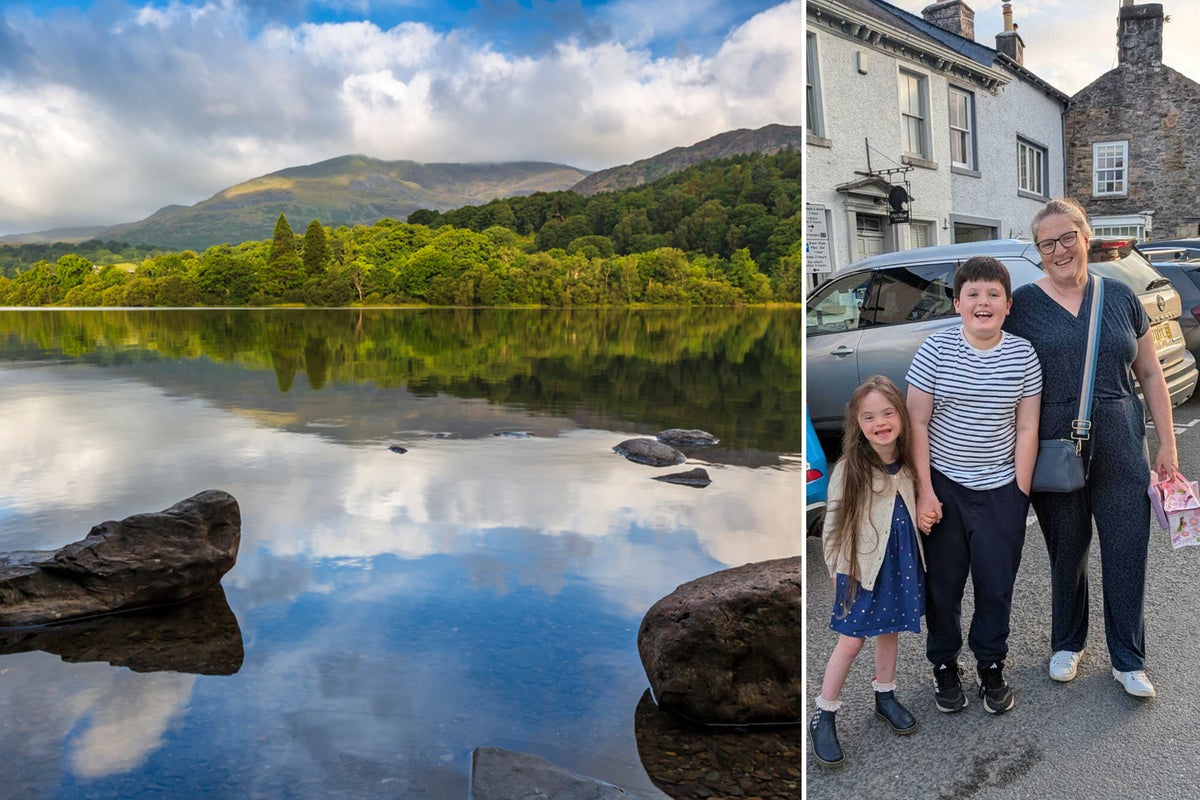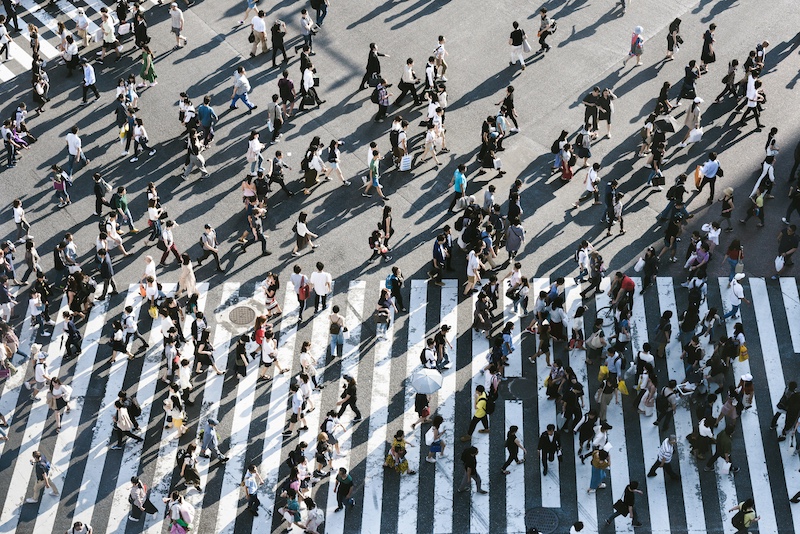Getty Images bans AI-generated content over fears of legal challenges
Only human-drawn illustrations allowed. | Photo by Amelia Holowaty Krales / The VergeGetty Images has banned the upload and sale of illustrations generated using AI art tools like DALL-E, Midjourney, and Stable Diffusion. It’s the latest and largest user-generated...
/cdn.vox-cdn.com/uploads/chorus_asset/file/12907051/akrales_180911_2943_0002.jpg)
Getty Images has banned the upload and sale of illustrations generated using AI art tools like DALL-E, Midjourney, and Stable Diffusion. It’s the latest and largest user-generated content platform to introduce such a ban, following similar decisions by sites including Newgrounds, PurplePort, and FurAffinity.
Getty Images CEO Craig Peters told The Verge that the ban was prompted by concerns about the legality of AI-generated content and a desire to protect the site’s customers.
“There are real concerns with respect to the copyright of outputs from these models”
“There are real concerns with respect to the copyright of outputs from these models and unaddressed rights issues with respect to the imagery, the image metadata and those individuals contained within the imagery,” said Peters. Given these concerns, he said, selling AI artwork or illustrations could potentially put Getty Images users at legal risk. “We are being proactive to the benefit of our customers,” he added.
The creators of AI image generators say the technology is legal, but that’s no guarantee this status won’t be contested. Software like Stable Diffusion is trained on copyrighted images scraped from the web, including personal art blogs, news sites, and stock photo sites like Getty Images. The act of scraping is legal in the US, and it seems the output of the software is covered by “fair use” doctrine. But fair use does not apply to commercial activity like selling pictures, and some artists whose work has been scraped and imitated by companies making AI image generators have called for new laws to regulate this domain.
Image: Lexica
Peters refused to say whether Getty Images has received legal challenges over its sale of AI-generated content. He said such content was “extremely limited” on the platform and repeated his assertion that the company was only introducing this policy to “avoid risk to [customers’] reputation, brand and bottom line.”
One of Getty Images’ biggest competitors, Shutterstock, seems to be limiting some searches for AI content but hasn’t yet introduced specific policies banning the material. Other platforms have removed AI imagery for reasons other than protecting customers. Furry-focused social art site FurAffinity, for example, said it banned AI artwork because it undermines the work of human artists.
Some art platforms have banned AI to support human artists
“AI and machine learning applications (DALL-E, Craiyon) sample other artists’ work to create content. That content generated can reference hundreds, even thousands of pieces of work from other artists to create derivative images,” said FurAffinity’s mods. “Our goal is to support artists and their content. We don’t believe it’s in our community’s best interests to allow AI generated content on the site.”
When asked if AI-generated content was a threat to the livelihood of illustrators and photographers who sell their work on Getty Images, Peters suggested that these tools were just the latest example of technology expanding the amount of available imagery.
“The world is already awash in imagery. Digital cameras generated an exponential growth in imagery given the reduced cost and simplicity of capture, transmission and use. The introduction of the smartphone and social media took this to all new levels, with trillions of images taken and posted,” said Peters. “Our business has never been about the ease of creating imagery or the resulting volume. It is about connecting and cutting through.”
However, actually removing AI content may be difficult. Peters says Getty Images will rely on users to identify and report such images, and that it’s working with C2PA (the Coalition for Content Provenance and Authenticity) to create filters. However, no automated filter will be wholly reliable, and it’s not clear how easy Getty Images will find it to enforce its new ban.
As of this morning, a quick search on the site for “AI-generated art” reveals plenty of content for sale.

 FrankLin
FrankLin 






























